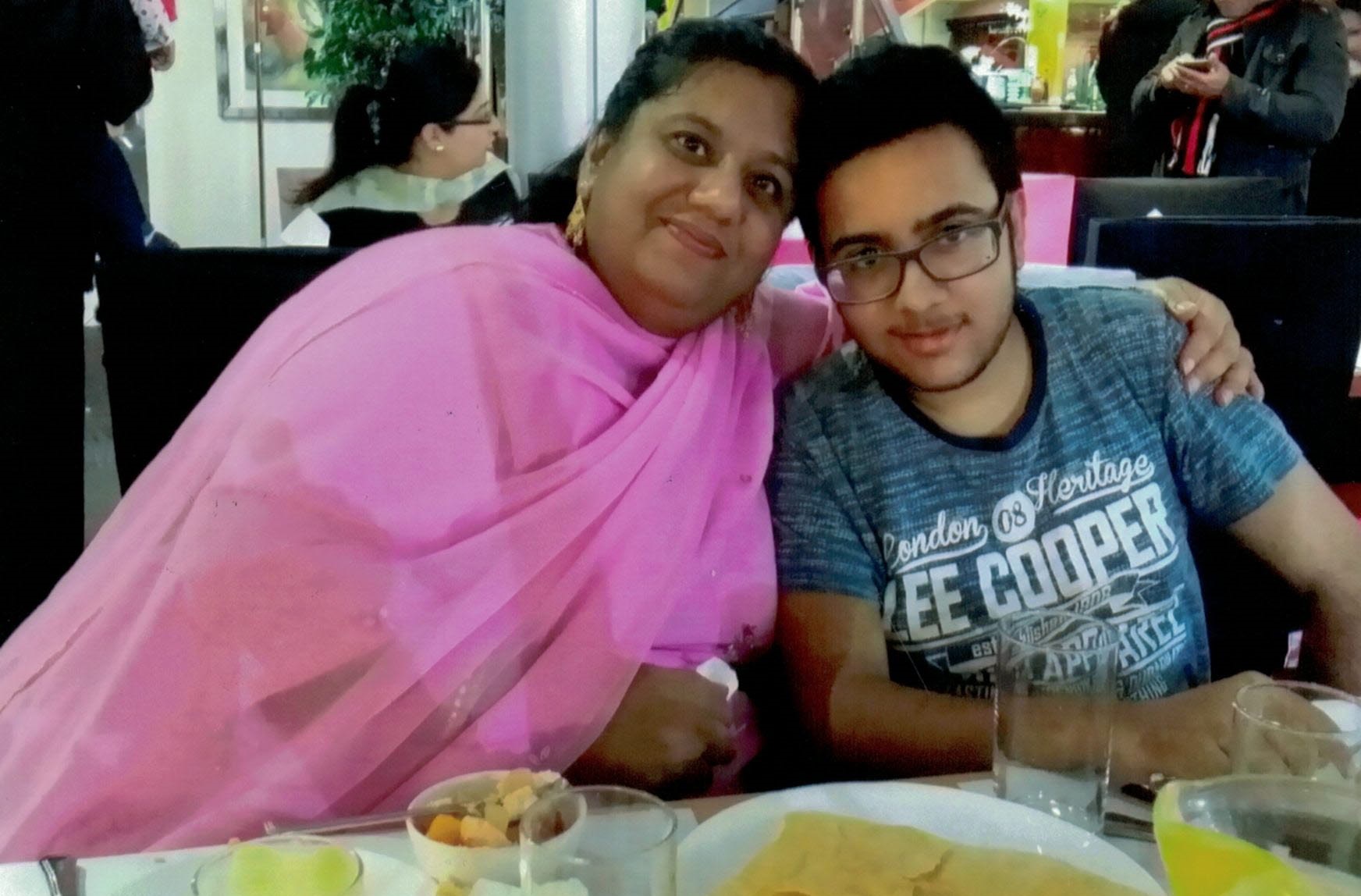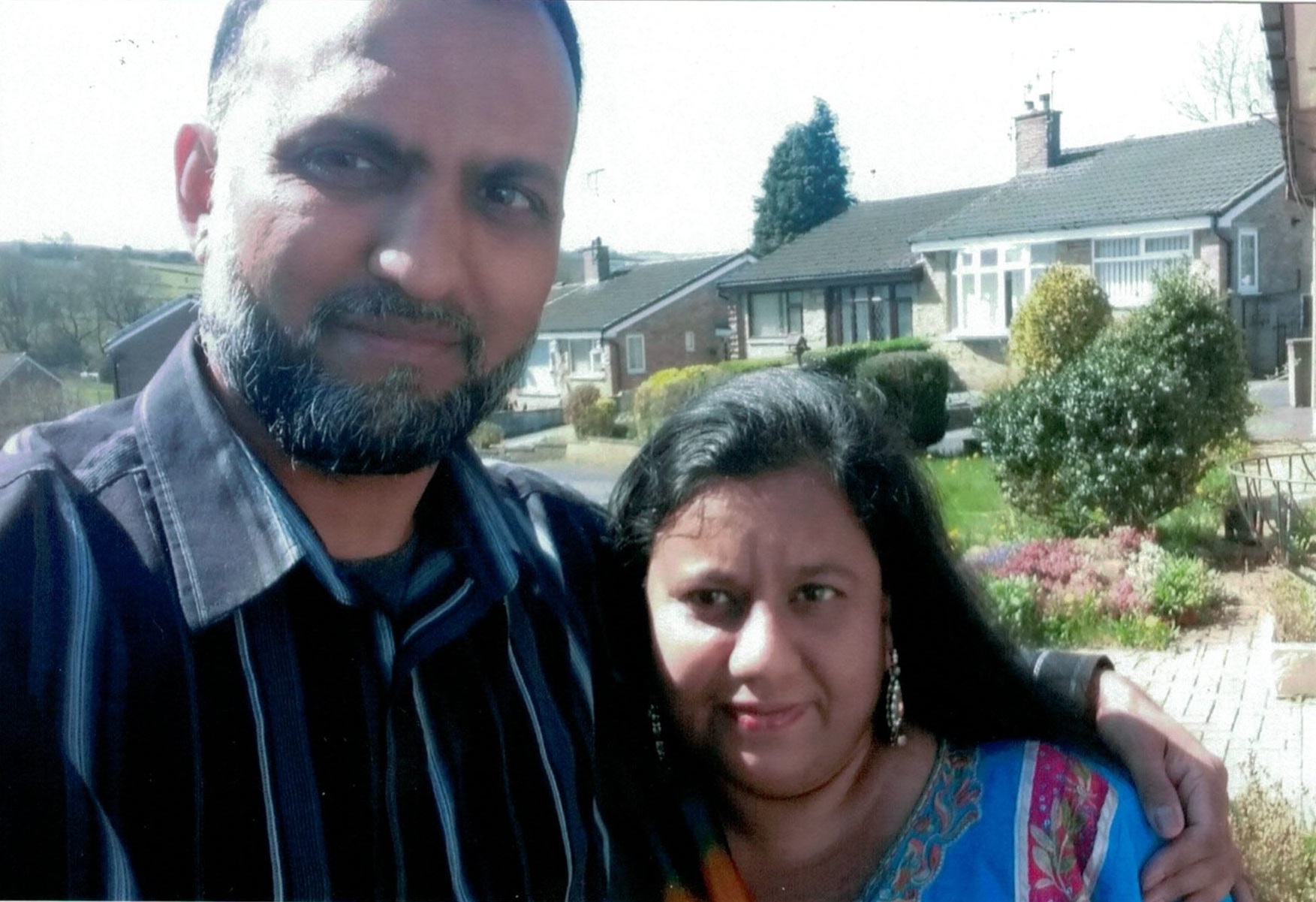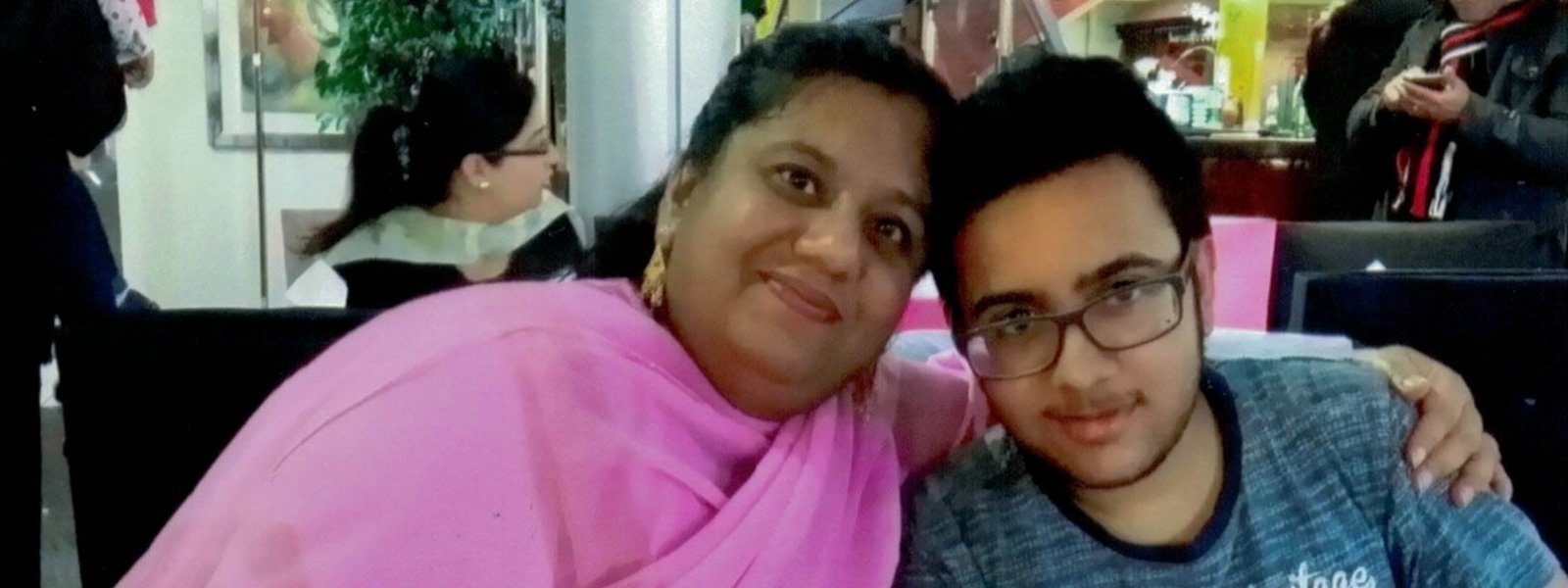Living with PH in the community – my story
Rukhshana Khalifa explains how she has struggled with her diagnosis in her close-knit community – and why raising awareness of the condition is important in all cultures.
“Before I was diagnosed with PH in 2015 I was happy, sociable and very much part of my busy Muslim community in Bradford. I was also very active, often walking for five miles at a time, and going to the gym. But everything changed about six years ago, when I started having breathing difficulties.
I was told I had asthma, but I started getting more breathless and tired and had to stop exercising, so my weight increased and I started to feel really depressed. I found it hard to tell my family and friends in the community what was wrong. People could see the changes in me but they didn’t understand why, and neither did I at the time.
I think one of the problems is that in my community people tend to always be very busy and there is a culture of ’just getting on with things’, so it’s difficult to accept that someone feels ill but has no clear reason for it.

My friends laughed the first time I took a taxi to my work at a children’s centre as I was unable to walk or catch the bus. They told me I should be walking as it would help me lose the weight. I just couldn’t make them understand that something was happening to me.
A couple of times I collapsed at work but as I was fasting for Ramadan, people just assumed it was because of that. Eventually I had to stop going to work altogether as I could no longer run around after toddlers.
After being in and out of hospital for some time, in many ways it was a relief to be diagnosed with PH last year, as at least I knew what was wrong. But the problem was that no-one around me had heard of PH, so still didn’t take what was happening to me seriously.
It seems to be really hard for my community to understand what this illness is. I’ve had family who have had cancer, and because everyone knows what cancer is, the community immediately accepted how serious it was.
But from the start of my symptoms my parents found it hard to understand and when I was diagnosed they wouldn’t come to the hospital with me to talk to the nurses. Eventually they came, but they still struggled to accept the diagnosis. Although I think now it is slowly starting to hit them.
It could be that the lack of understanding, or wanting to understand, is the same in every community, but I find it all very frustrating. It doesn’t help that from the outside you can’t really tell there is anything wrong with me, apart from the weight gain and the swelling.
Having PH has affected how involved I am in my community. For example, Muslim weddings are a big part of our culture and they tend to last for a full weekend, with all the focus on food and dancing. I now get too tired to attend them.
I do still see my friends sometimes and as time has passed since my diagnosis they seem to understand a bit more. I have had a lot of support in particular from my friend Shenaz, and from former colleagues at the children’s centre. I’ve given my friends leaflets about PH and encouraged them to read up about it, but still some people ask me why at the age of 45 I act like I am 80, and it really gets to me.
Really, it’s only my husband Imtiyaz and my 15-year-old son Amaan who understand what I’m going through.

I feel like I can’t explain my symptoms to anyone else. Imtiyaz has been very supportive, as has my son. He is studying physics at school and likes to learn more about the disease. He often chats about it with his teacher. I am aware though that all this is hard for them too. But I think men seem to find it difficult to admit when they are struggling – in any culture!
The support I have had from the PH centre at the Hallamshire in Sheffield has been amazing too. When I’m there, I feel like I’m spending time in a nest. I feel protected and I’m so grateful to them.
And my faith as a Muslim has been a great source of support for me too. I’ve been praying a lot more since my diagnosis.
I have other ways of coping too. I have always been someone who likes to look glamorous so taking care of my appearance helps me to feel better about myself. However, that does make it even harder for people in my community to understand that I am ill.
It seems to be a cultural thing that women don’t ‘put themselves out there’ but due to the lack of understanding I have experienced I really wanted to share my story with Emphasis and I would love the opportunity to spread awareness about PH further.”
















